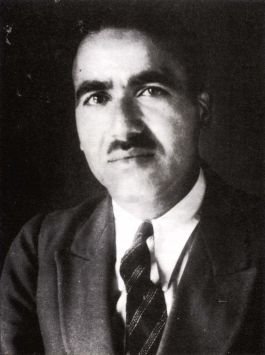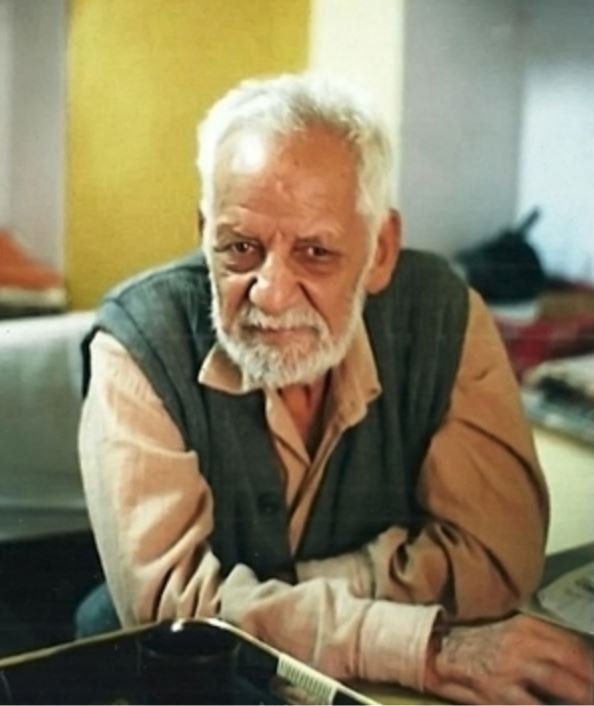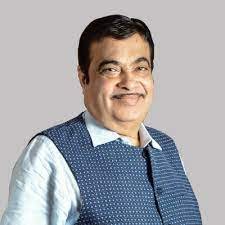POPULAR MOVEMENTS AND ELECTORAL GAINS
The mass struggles and movements have always marked the rise of new forms of active participation, beholding the ethos of a representative setup, thus broadening the idea of participation in a democracy. The real potential of a representative structure lies in the voice of the citizens, and popular movements assist us in understanding the nature of democratic politics better.
Popular Movements and democracy are related and can't be isolated from one another. Movements are the very breath and soul of a democracy. In this manner, the relevance and meaning of struggles in a parliamentary democracy can neither be overstated nor downplayed.
A significant player in the demonstration of the irenic protests and for the augmentation of these protests is the Opposition, as it functions being a guard of public interests in a democracy and causes the accountability effect to the government to remain alert and reprimands the strategies and projects of the public authority which they believe are not in consonance with the public good. Consequently, a solid and helpful opposition is vital for the working of an administration in a democracy. In any case, the sole basis is that the Opposition ought not to go against the issues framed by the government itself for the debate and get engaged in those issues; instead, an opposition should work more on identifying productive matters which are in direct correspondence to public affairs.
The latest illustration of such an intertwined relationship between the Opposition and the struggle was the Farmers' protest, which followed the path of passive resistance and remained rational throughout. Most of the time, the parties pitching for the then upcoming Punjab elections like the Congress, AAP, and Akali-dal (at a later stage), portrayed themselves as being on the side of the farmers. In contrast, the struggle remained labeled as non-political, with just the oppressor standing in stark Opposition to the oppressed. However, some of the farmer's unions also united to contest the Punjab 2022 polls. A vital juncture through the aftermath of a successful struggle was highlighted here as, a popular struggle with such an extensive mass support stood irrelevant in the electoral battle. This contrasting sense of populism against the representation maneuvers the principle of instability in a democracy, but in the past, there have also been struggles that have given a head start to the political parties and political careers of specific personalities, the advent of AAP in the mainstream politics out of the Anna movement is an example of that.
There have also been political demonstrations carried out in the current context as we reflect upon the Bharat-Jodo yatra initiative by the Congress party, seeking its roots from the Gandhian struggle of marching ahead and mobilizing. The yatra aims to unite India and strengthen the nation's diversity without actually sparking anything against the other party's practices and policies. We could trace the parallels of this layout with the 'identification of productive issues' aspect, which we discussed earlier, not letting those in power set the agenda to debate and bringing the actual subjects of public relevance to the table.
The Congress party, through the Bharat Jodo Yatra, has been pretty successful in doing so, manifesting the cultural flexibility and the incredible fortitude of the people and setting an agenda. The Congress party must capitalize on this and not let it go in vain as a mobilization exercise without any electoral gains. We've already seen quite a few successful struggles fade away as they enter the electoral fields.
DNV remembers legendary Communist leader Satyapal Dang on his Birth Anniversary: October 4




















































